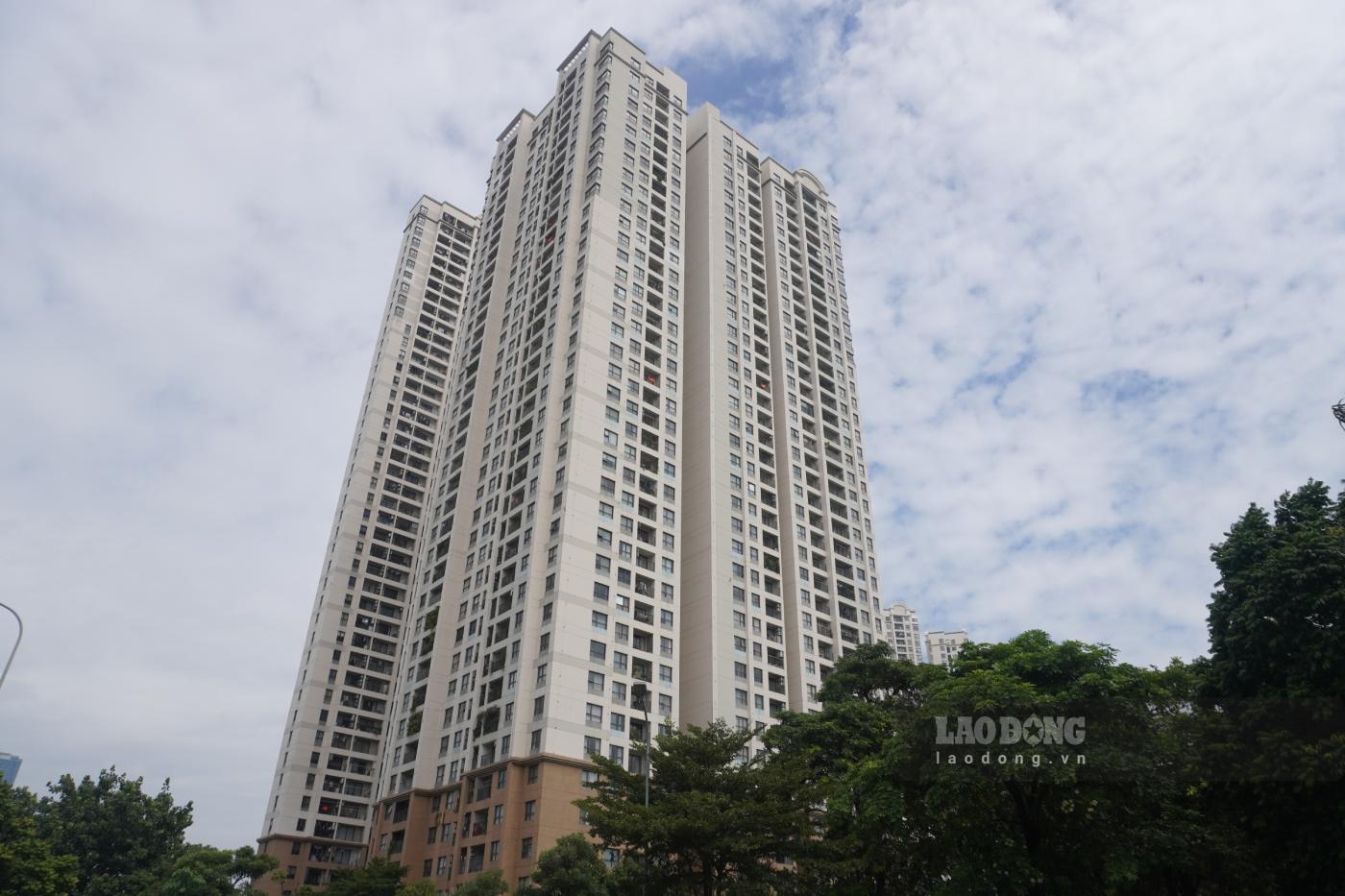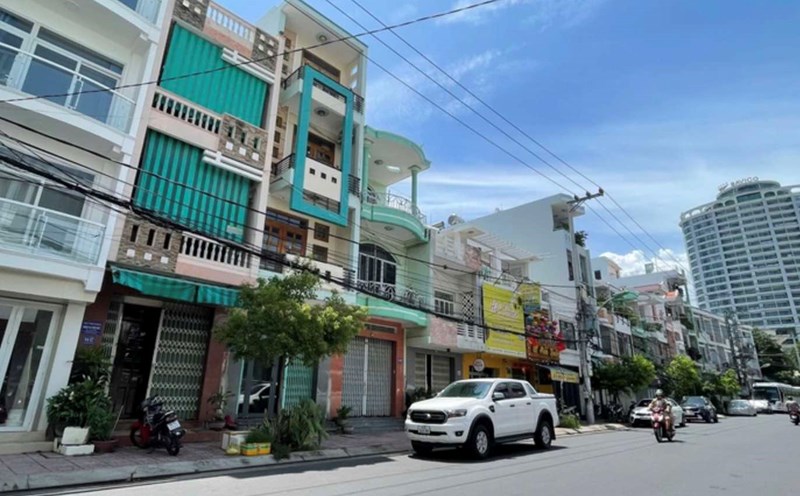In recent years, housing prices in Hanoi have continuously increased, making the dream of settling down for many workers and laborers become distant.
Ms. Phan Thi Chinh, a worker at Bac Thang Long Industrial Park (Hanoi), has lived in a rented house for many years. The couple saved every penny in the hope of buying a small apartment to stabilize their lives in the capital. However, with a total income of only about 16 - 20 million VND per month, plus the burden of renting a house, food, tuition for children... making it increasingly difficult for her family to think about buying a house.
Ms. Chinh said that she and her husband have researched the apartment market in Hanoi, but most of the newly opened projects are priced from 70 - 100 million VND/m2, far beyond the family's financial capacity. According to her calculations, each month the couple only save about 5 million VND, equivalent to 60 - 70 million VND/year. With this amount of money, even after 10 years of saving, her family still cannot buy 10m2 of an apartment, while house prices are constantly climbing.
When referring to social housing projects in Dong Anh, she realized that her family was eligible for preferential social housing policies. However, because her husband is a freelancer, verifying income is still difficult, making the road to buying a house still difficult.
Mr. Nguyen Van Hung (35 years old), a worker in an industrial park in Hanoi - shared that after 10 years of working in the capital, he has repeatedly cherished the hope of buying an apartment so that his wife and children have a stable place to live. However, with a salary of more than 12 million VND per month, no matter how tightly spending is spent, his family's savings are only enough to cover the minimum, insignificantly compared to the increasingly rising house prices.
Mr. Hung said that there was a time when he considered borrowing from the bank to buy a small commercial apartment. However, with the lowest price currently also from 2.5 - 3 billion VND, the loan amount is far beyond the ability to repay the debt.
"If I borrow, I have to pay at least 15 - 20 million VND in principal and interest each month, higher than my income, so I have to put aside my dream of buying a house" - Mr. Hung said.

Research data from the Vietnam Institute for Real Estate Market Research shows that in the period from 2014 to mid-2025, average income per capita will increase from VND 4.11 million/month to VND 8.3 million/month, equivalent to an average increase of 6.4% per year. Meanwhile, the average apartment price has doubled rapidly, an average of 11.7%/year, from 25 million VND/m2 to 75.5 million VND/m2.
With the condition of unchanged house prices and income, if calculated according to 2014, a family with an average income and spends all their income to buy a house can accumulate enough to own a 2-bedroom apartment (70m2, worth about 1.75 billion VND) after nearly 18 years. However, if the principle of housing costs not exceeding 1/3 of income is applied, the accumulation time will be three times longer.
By mid-2025, with the current average income per capita, and a 70m2 2-bedroom apartment reaching 5.3 billion VND, the above family will have to spend nearly 27 years if they spend all their income and up to 80 years if they follow the principle of 1/3 income to buy a house.
Dr. Tran Xuan Luong - Deputy Director of the Vietnam Institute for Real Estate Market Research and Evaluation - analyzed that land prices and especially apartment prices have increased a lot in recent times, especially in the inner city of Hanoi.
The main reason is that planning - infrastructure is still localized, high-quality essential infrastructure is still concentrated in the center, traffic is still inadequate; at the same time, consumer behavior has changed, the younger generation prefers multi-utility apartments instead of the old "buy land, build a house" model.
He noted that home buyers should choose products that are affordable to avoid "income traps". The mentality of "easy to buy - buy quickly - wait for the price to increase to make up for the interest" is no longer appropriate. Accordingly, home buyers need to be more cautious, especially when the supply of social housing is expected to increase sharply in the coming time, limiting the psychology of buying by all means that are prone to risks.











